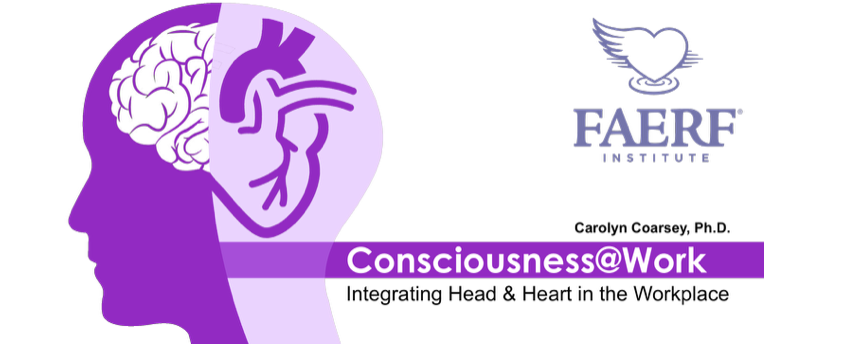
The Family Assistance Education & Research Foundation (FAERF) has been at the forefront of the evolution of emergency management, combining the head-heart approach for a fully integrated response to survivors of traumatic loss. Practicing consciousness in the workplace involves caring for people first, without exception.
Law Suits: Violation after the Loss of a Loved One
Written by: Carolyn V. Coarsey, Ph.D.
On August 30, the fifth course in the I-HARP Certificate will be previewed as part of the Summer Webinar Series. Course Five, The Business Side of Traumatic Loss in the Workplace will feature interviews with family survivors and subject matter experts discussing the legal process involving claims and lawsuits. The main objective of Course Five is to educate employee responders on the process and how it impacts survivors, particularly those whose loved ones die in a tragedy.
At FAERF, we believe that education brings about consciousness which ultimately leads to improvement in processes and procedures that increase the suffering of those who are harmed the most. This month’s article discusses highlights of the course which will be presented in the August presentation.
“I think, generally speaking, people want hope… they hope that somehow there’s a way to work through this.”
– Aviation insurance broker
An experienced aviation insurance broker sheds light on how invaluable it can be when leadership in an organization understands the thought process of a family who decides to enter into a lawsuit following a disaster their family member has been killed. Following are excerpts of an interview with him where he spoke about this in detail.
“Nobody ever goes into this thinking, ‘’I’m going to sue them.’ What happens is the circumstances present themselves to them and they become not only injured, but hurt and their family is in a state of tragedy. They become the bad guy at the same time. What companies did not do…they did not know how to handle the family during the Golden Hours when they were extremely fragile, and you’ve wounded them, and rebounded them, and rebounded them to the point they couldn’t emotionally take it anymore. And they went and found an attorney.”
As an example of what the aviation insurance broker is discussing, appears in statements from Scott and Terry Maurer whose daughter died in the Colgan/Continental Flight 3407 accident. The Maurers discussed at length why they decided to file a lawsuit in the following comments:
“We didn’t know anything about talking to a lawyer against the company. It didn’t even come into our thought process.”
“When the accident occurred, the furthest thing from our mind was any kind of legal action. I mean, we just wanted information on what happened. We wanted to know if we were going to be able to have Lauren’s body returned to us or what our next steps was. We didn’t know anything about talking to a lawyer against the company. It didn’t even come into our thought process. It was not something that we did initially?
So why did we end up talking to attorneys after weeks, maybe even, I think, almost two months had passed? We weren’t getting answers. We wanted to know what happened here. And things were not necessarily adding up… the initial response from the investigation wasn’t adding up. And so we felt the need. We needed to have somebody help us get answers, really understand what took place here. And then in the end, yeah, if appropriate, hold some people accountable for that.”
“I was deposed for five hours. I was very pregnant with my first child. And that was awful.”
One young woman who appears in the course describes her own experience in a law suit that lasted five years after the crash. She was twenty-five years old at the time when her father was killed, leaving behind her mother, and two sisters, ages twenty-two and seventeen, his mother, and a large extended family.
“Our legal process was very, very anxiety-producing. There was a moment when they asked for my emails and password. And they went through all of my emails. I just remember thinking ‘what are they looking for, what do they mean? But they are trying to put a price on my Father’s life….
I was deposed for five hours. I was very pregnant with my first child. And that was awful. It felt very intrusive. It felt like I did something wrong. It was very difficult ( to realize) this was something that could be done to us, that was not our fault. It was the airline’s fault.
I remember sitting there thinking that they are never going to understand who my father was, and putting any sort of number on his name or legacy, is an impossible task. I just remember thinking there’s no way they’ll ever understand…I don’t know if they had the capacity or the empathy to understand that.”
The course will include interviews with many survivors and subject matter experts. Participants in the upcoming webinar will receive an overview of course five as well as a greater understanding of the complexities of the settlement process and its impact on those who find themselves involved in a lawsuit.
